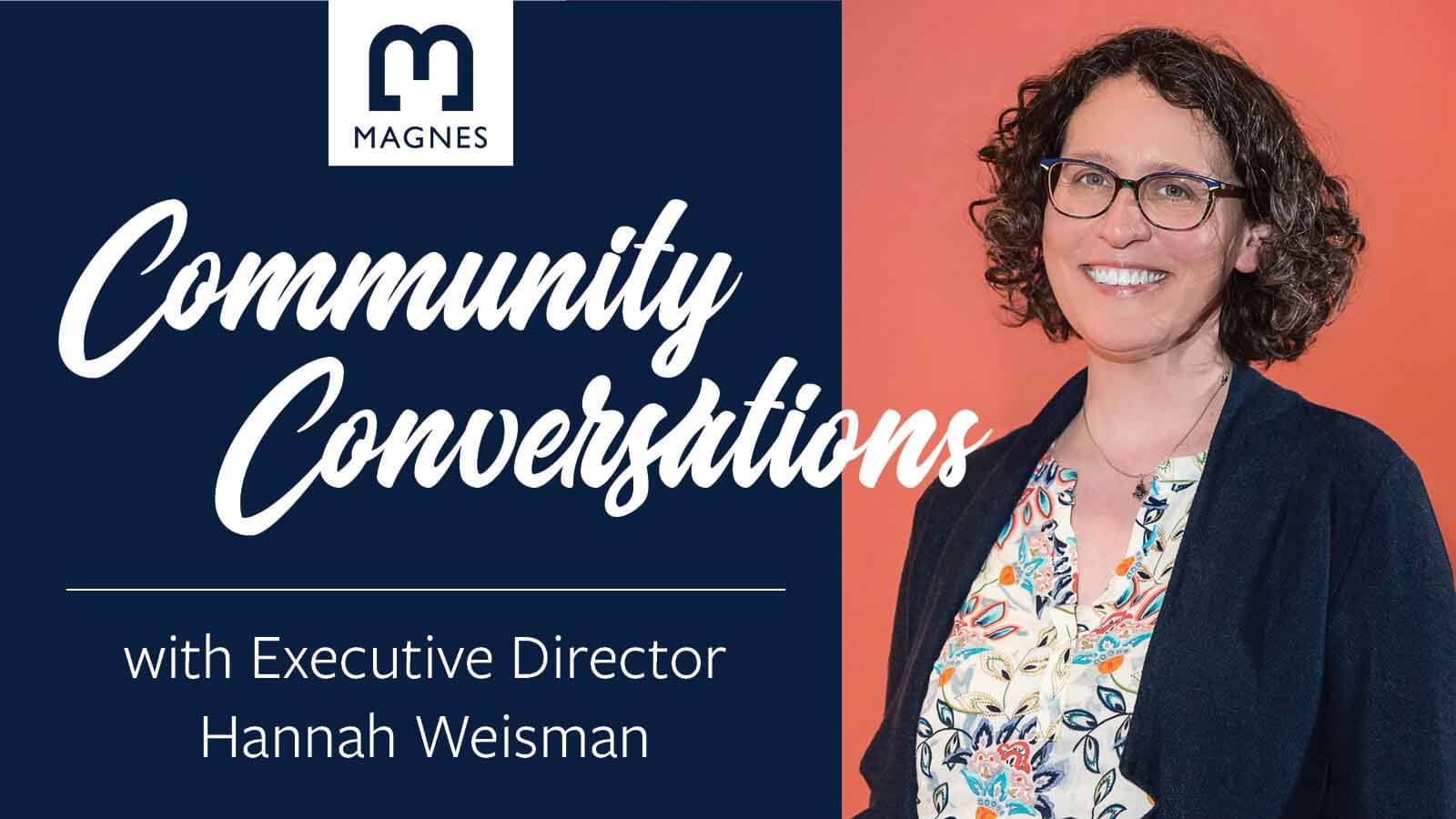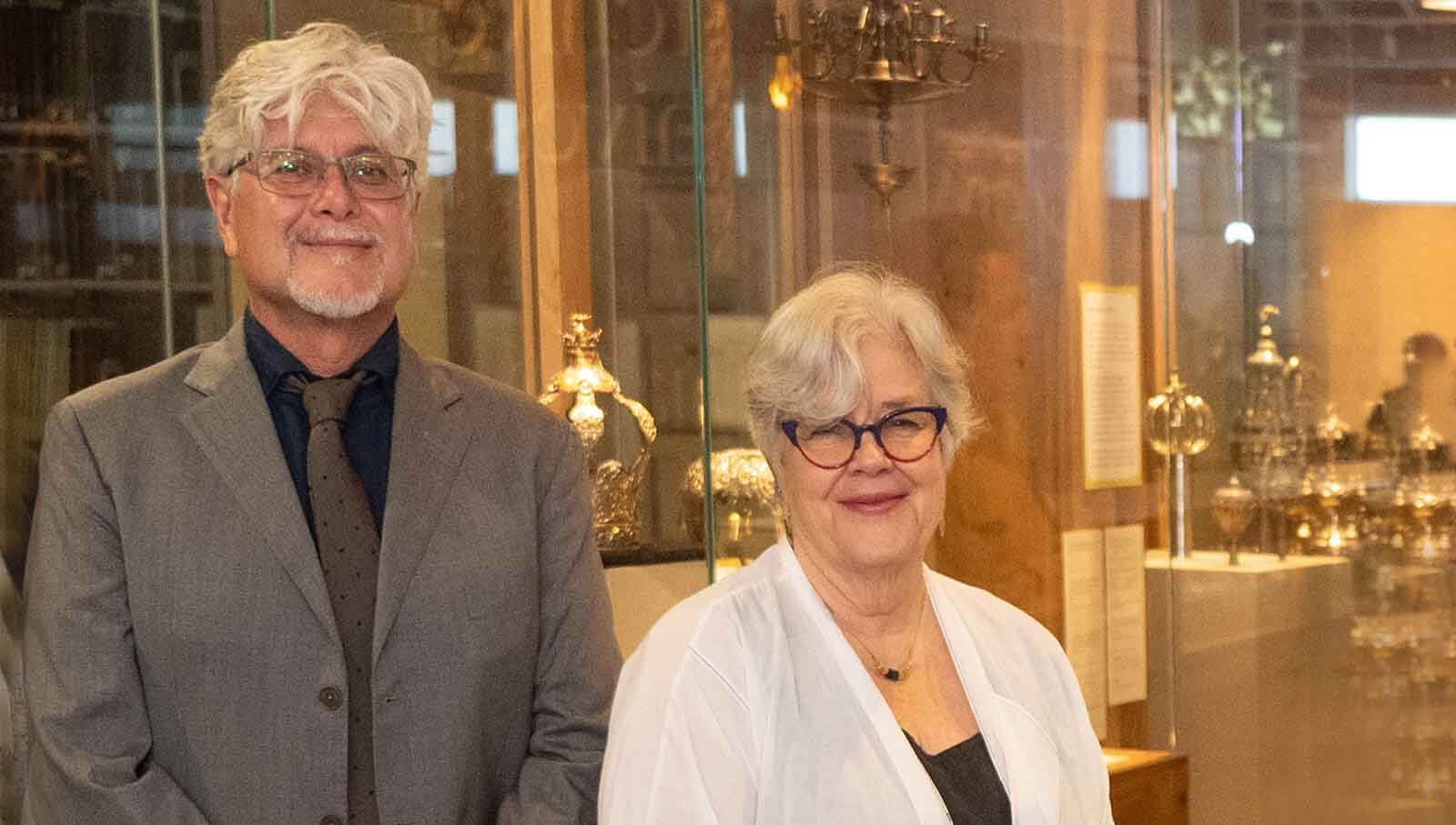News
In Global Transit: Forced Migration of Jews and other Refugees (1940s-1960s)
July 11, 2018May 19-22, 2019
Conference at GHI West and The Magnes Collection of Jewish Art and Life, University of California, Berkeley
Conveners: Wolf Gruner (USC Shoah Foundation Center for Advanced Genocide Research, Los Angeles), Simone Lässig (German Historical Institute Washington/GHI West, UC Berkeley), Francesco Spagnolo (The Magnes, UC Berkeley), Swen Steinberg (University of Dresden)
In cooperation with India Branch Office of the Max Weber Foundation, New Delhi (Indra Sengupta, Razak Khan) and China Branch Office of the Max Weber Foundation, Beijing (Max Jacob Fölster
- Call for Papers
This conference is the second in a conference series devoted to people “In Global Transit.” The first conference, which took place in Kolkata in 2017 focused on Jewish and political refugees from Nazi-controlled Europe who fled, at least initially, to European colonies or countries of the global South.
“In Global Transit: Forced Migration of Jews and other Refugees (1940s-1960s)” will build on the 2017 conference, taking a broader perspective and expanding the geographic and analytical focus. It will examine the experience of Jewish refugees who found haven — but not new homes — in Asia, Africa, and Latin America. For most of these individuals, the end of the war did not mean an end to life in transit. To the contrary: after a period of temporary settlement, they found themselves not only once again on the move, but also in a new, more ambiguous situation. On the one hand, growing awareness of the Nazis’ attempt to wipe out European Jewry called attention to the plight of the Jewish refugees. But, on the other, they were just one among many groups in search of permanent homes as the large-scale expulsion of ethnic, religious, and/or national groups became a global phenomenon. The ever-more frequent waves of involuntary migration, in turn, provided the impetus for the development of an international refugee policy — a process in which onetime refugees from Nazi-controlled Europe played a notable part.
The conference “In Global Transit: Forced Migration of Jews and other Refugees (1940s-1960s)” aims to illuminate the particularities of (usually) involuntary Jewish migration from and between countries of the global South that have received little scholarly attention thus far. We seek, moreover, to use the experience of Jewish refugees as an analytical prism to consider the phenomenon of forced migration more generally. Jews were part of European and worldwide flows of migrants of unprecedented scale and diversity. Among those migrants were individuals, such as the Nazis and Nazi collaborators who fled to South America, North Africa, and the Middle East, whose experiences hardly fit narratives of victimhood. Most societies at the time were not prepared to deal with mass movements of refugees caught “in transit,” and, needed new knowledge and legal instruments in order to respond. That new knowledge was produced not least of all by Jewish legal experts and social scientists who drew on their own experience of life in transit.
The conference will look beyond established turning-points and consider long-term refugee movements between socially and culturally disparate countries and regions. Jewish refugees from Nazi-controlled Europe will be taken as a paradigmatic group to explore basic questions about the transit experience, for example, the question of the relationship between knowledge and modes of dealing with contingency and uncertainty. An important related issue is the tension between the simple desire to survive and the challenge of planning for a life in a new, unfamiliar setting. We are particularly interested in the encounters between Jewish refugees and members of other groups they encountered while in transit countries, such as other refugees, colonial subjects, and religious or ethnic minorities subject to discrimination.
We are particularly interested in the following topics and areas of inquiry:
- Coping strategies that refugees developed during various phases of transit and in shifting settings to deal with transience, uncertainty, and unpredictability: What role did circumstances such as residence in a refugee camp, opportunities for employment, and dependence on material assistance play in the development of coping strategies? What types of knowledge were needed or deemed necessary to manage uncertainty? Which practices and which networks evolved from them? Who were the actors in the exchange of knowledge and who targeted sharing of knowledge for coping? How important were categories such as generation, age, gender, origin, social status, and family? How far do concepts such as adaptation and identity offer insight into the “transit mindset”?
- Power structures that affect trans-migrants locally and on larger, national, regional and global levels: What was the relationship between officials and refugees, between bureaucratic practices and the experience of forced migration? How did different state and non-state actors like aid organizations, resettlement agencies, employment bureaus, and even Jewish communities etc. react and get involved with regard to migrants with different ethnic, religious, professional or class background? What role in particular did local Jewish communities and the local representatives of international aid organizations play as disseminators of knowledge or as producers of knowledge?
- Knowledge production in the course of and as a product of generally involuntary global transit: How did the experience of life in transit influence the development of new concepts such as statelessness and human rights or anti-colonialism and development policy? How did that experience shape perceptions and interpretations of anti-Semitism and racism? The Americas are as pertinent as other regions of the world in addressing these questions.
- Material dimensions of flight and transit: How did the importance of material possessions change from one phase of transit to the next? What were forced migrants allowed to take with them? How did that vary over time and place? How did possessions shape the route of migration or affect the duration of the period of transit? What roles did specific objects play? What value do surviving objects possess as historical sources? We are also interested in the economic importance of possessions and topics such as the sale of possessions to escape harm. Which actors were involved in the transfer of property as refugees were in transit? Who profited from such transfers?
- Visual and artistic representations of flight and transit: What images and portrayals of life in transit did those involved produce? Which forms of representation were developed in the situation of transit? How do the diverse literary treatments of the refugee transit experience relate to scholarly analyses of that experience? What aesthetic continuities and/or discontinuities are evident in the work of refugee artists?
If you are interested in discussing these or related questions, please send a brief CV and a proposal of no more than 300 words by August 1, 2018, to Heike Friedman (friedman@ghi-dc.org). Lump sum travel grants will be provided to successful applicants.
More Info
External Links:
GHI page
Latest News
Keep Up-To-Date




